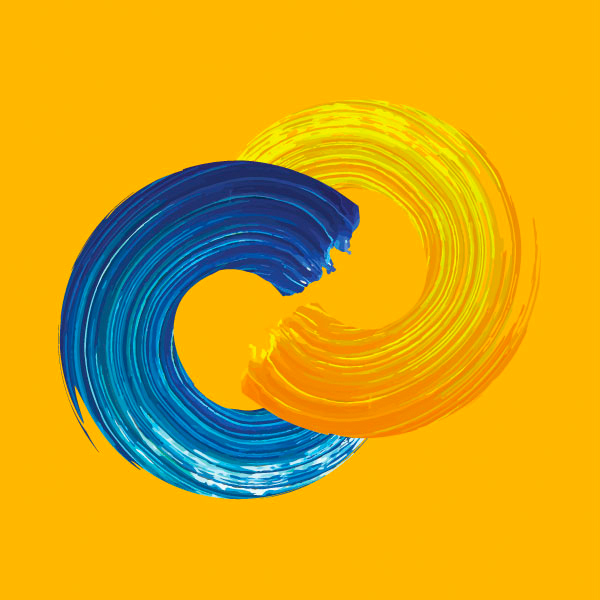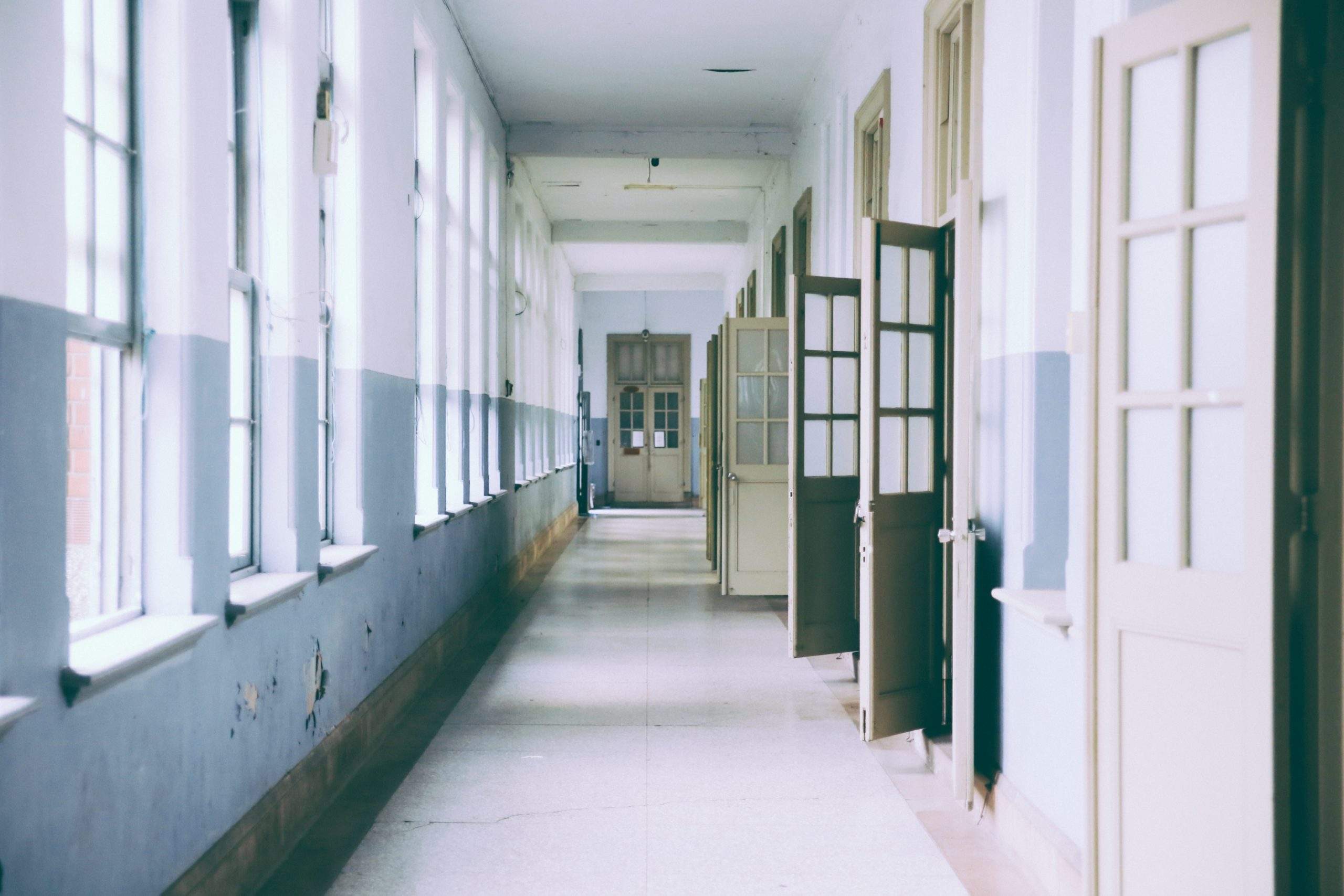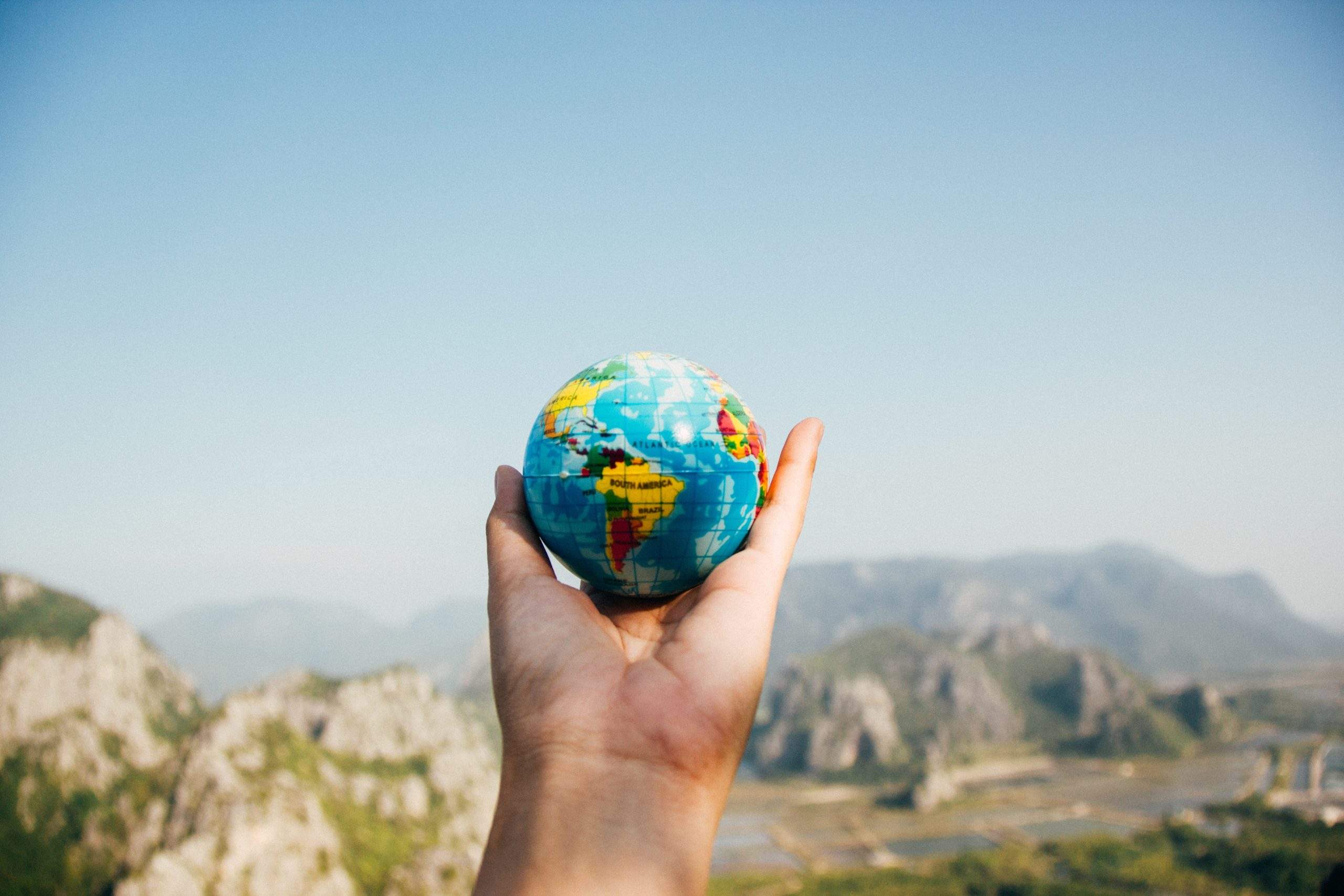

by Joey Phoenix
Spring is finally here and the students at The Phoenix School are gearing up for their annual adventure. This year, they’re trekking down to the Florida Everglades.


Trips like these have been part of the school’s curriculum for years now as a way to create an engaging project that’s adaptable across age, ability, and learning style. This year’s trip focus is on the ecology, including both flora and fauna, as well as the issues of social and environmental change affecting southeast Florida.
These young students are such an incredible voice for change, and their trips to these places equip them with knowledge and experiences they can bring back with them to reshape their world.
So for the past few weeks, all of the students at the school have been researching and prepping for their journey. The 6th-8th graders will actually be traveling to the southern tip of Florida where they will spend several days exploring Everglades National Park, and the Kindergarten through 5th graders will be taking part in an imaginary trip which will take place in the school also during that time.
The older kids will be basing their operations at a youth hostel just outside Everglades, and from there they’ll be able to make day trips to explore different aspects of the National Park. One of the highlights of the trip is a 15 mile bike ride though Shark Valley where they’ll get to see lots of things, including tiny alligators who frequently cross the path in search of new watering holes.


While the older kids are encountering


To prepare, the students have been creating research guides, where they create visual aids to help them understand what they’ll be seeing on the trip, take notes to explain the visual guides, and keep track of any new vocabulary they learn along the way.
Each of the research guide’s requirements are modified to fit the student’s learning styles and level. More advanced students will create elaborate visual aids and will work on shortening their notes and writing in their own voice, while younger students will learn about composition and observation.


This way, everyone can get those kinds of lessons doing their own research. It’s also important to recognize that one kid’s work doesn’t necessarily need to look like another kid’s work for it to be well done, they’re going to do it at their own level and think about the kind of things that interest them. For example, some students may focus on the chemistry aspect of the research while others will want to look into flowering plants or regional wildlife.


If each student has their own learning style, way of processing, and special talents and abilities, they should be allowed to do the kind of work that allows them to develop those skills on their own merits, and projects like these are just one more thing the Phoenix School does to make that possible.
About the Phoenix School:
Phoenix is an experience-driven learning community that gives kids the tools, thoughts, and experiences that will help them become the best versions of themselves and fosters their development as contributors to society. At Phoenix, we emphasize process over product, implementing project-based learning through our curriculum to help students think critically, explore deeply, challenge themselves, contribute positively to their world, and learn more from their failures and celebrate their successes. Our core values are creativity, perseverance, citizenship, and empathy.







